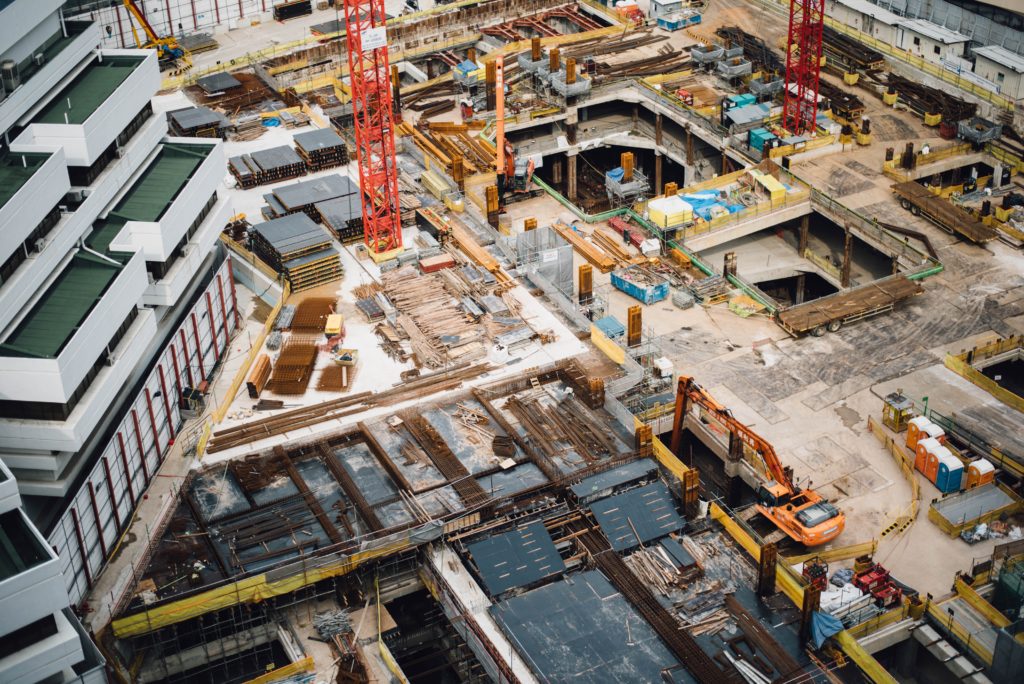How Important (really) are CPM Schedulers to Builders?
Over the years, I have noticed some interesting attitudes toward CPM schedulers generate and how their work is perceived and manifested. Some of these are based on experience, and others on assumptions. This post discusses the ‘whys’ of the phenomenon.
If you ask the average Joe or Jane Blow in the field of construction that former question, the answer is “not very.” That would be a generous assessment for most. It does not seem to matter whether or not one is a tradesperson, or upper management, an environment of contempt and apathy for the scheduler and his works are a routine hazard.
“Designer errors and omissions are at the core of, or are substantially invested in, the blame for construction delays.
People start to pay attention, however, when delays and disruptions begin affecting bottom-line. But like the Ant and the Grasshopper, they handicap themselves with the dearth of background data that they have not diligently collected, by way of monthly updates, including delay paths, and NODs (notices of delay). One might say ‘a day late, a dollar short,’ because forensic exercises are less exact than others, and yield a far lower ROI. The Ant of the contractual parties, is ownership holding all the cards.
‘US Designers (architects) typically have no more regard for the builder’s schedule, than they do his budget. They show their contempt for it by not issuing constructible documents at tender, and stymying the submittal and RFI processes.
Seasoned project managers will tell you – as one of mine has astutely observed – that the reason people underinvest in the schedule is because of negative past experiences, where the quality, veracity, and relevance of the schedule all come into question. The point is well taken, but seldom can all the blame be heaped on CPM schedulers, when things go south.
“There are few circumstances where CPM schedulers are cause for delay or disruption. In fact, I can’t think of one. Given that, why would people ever blame the scheduler for delays, or ask him how to recover them?
In part, this is a direct consequence of there not being enough good CPM schedulers around. The other half is that even good schedulers are constructively ostracized by a lack of interest and input among his associates. That includes Big Brass Clueless Emperor capital-construction CFOs, who typically lack industry training of any kind.
But relevance isn’t always the only obstacle to effective – even proper, CPM scheduling. Design deliverables and procurement are. Because designers simply don’t know, or would be unwilling to advise on their publication timelines even if they did know. They are – the weakest link in the CPM network, and for that reason, design deliverables seldom show up in any baseline schedule. Few schedulers are savvy or courageous enough to demand that deliverables be entered into the schedule – immediately before procurement. Without one or the other, or both, detailed in a schedule, it’s a miracle any project finishes on time.
‘MBAer CFOs who never hammered so much as a brad are routinely anointed to head-up critical infrastructure projects. What am I missing?
Because designers feet are seldom held to the flame by ownership, they can skate away at their leisure the issuance of even the most critical design deliverables. Yet, without a design, there can be no procurement. The import of delayed deliverables on a project is wasted words on designers or what passes for ‘architects’ in this country. Their contempt for the construction scheduler, and the CPM process, is ever apparent in their disinterest and lack of attention to them. Indeed, US Bachelor of Architecture curricula has no such requirement.
“Builders are routinely subject to contractual damages when they fail; why not designers? Ownership and shareholders have only themselves to blame for that.
Investment in CPM schedulers and schedules comes from the top. If the PM is not invested in the schedule, no one else will be except the lone scheduler. This attention span must go deeper than only the schedule milestones, and get into the nitty-gritty of the critical path, and driving factors. It must include tracking of progress and delays as they happen, not fait accompli, as after the fact forensic claims have the lowest percentage of ROI, if any.
“Absence of monthly comprehensive schedule update meetings is a positive sign of schedule delinquency.
CPM schedulers seem to come in two flavors: those with field experience and little or no training in CPM, or top-hacking CPM jockeys who have never swung a hammer. Either candidate will inevitably disappoint. Given that, it is no surprise that ¾ of all CPM schedulers are, in fact, in-house project managers with absolutely no CPM training.
“Retaining a qualified CPM professional for your organization is a compulsory step toward gaining integrity.
Since PMs are generating ¾ of the schedules, it’s no wonder more people don’t train as schedulers, as there are far fewer opportunities for them (it’s also no wonder 90% of those schedules founder). Some of this blame goes to Unions and trade schools that simply don’t teach the craft to their constituents. But most of the blame goes to builders not willing to offer competitive salaries for CPM schedulers.
I suppose the other 25% (besides PMs) of schedulers are temporary hires, as a response to meet contractual requirements. Indeed, if contracts did not require CPM schedulers create the project schedule, I expect very few contractors would generate or distribute anything more than rudimentary exercises, even for their own use. And that attitude is not self-serving, as can be exemplified by the hapless contractor wishing to make a delay or disruption claim, finding few options open to him. Insofar as the designer is concerned, well actually – he isn’t.









